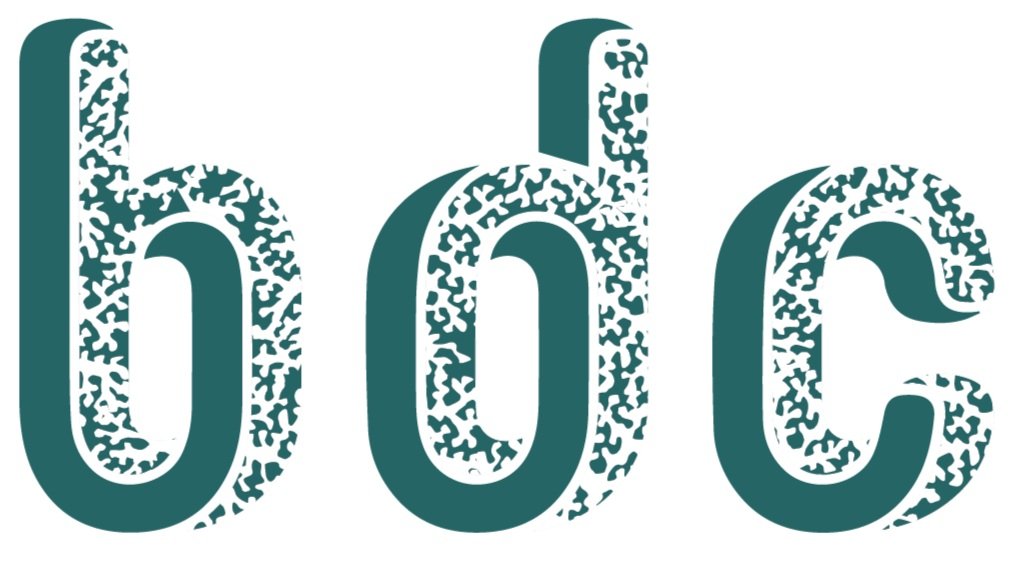Universidad of Nebraska — Lincoln
projects 2024
MicroMeals
Finalist Project
Olli Jenkins, Ciara Stueve, Hank Ball
MicroMeals is a social practice project developed using speculative design techniques to imagine possible food futures. MicroMeals is a pop-up restaurant experience that serves menu items addressing pressing environmental issues in Nebraska, kicking off inspiring conversations about the future of food.
The Connection Box
Micah Fullinfaw, Hannah gish, peter schmit, luke davidson, lincoln graham
The Connection Box is a living sculpture addressing stimulation addiction and loneliness in the age of a "Loneliness Epidemic." The structures urges participants to connect more deeply with themselves and others through minimal stimulation and slight discomfort to evoke a meditative state. Participants experience stages of connection through ambient music, mechanical movements, and varied lighting throughout the following movements: Minimizing external stimulation, seeing yourself reflected in a true mirror, and being present with another person.
Scentimedics
Alexah Fort, Marley Hewitt, Isaiah Griffith, Joseph Clifford
Scentimedics is a speculative scent-based training program to prevent the misdiagnosis and underdiagnosis of hidden disabilities. Scentimedics aims to educate participants on the Volatile Organic Compounds (VOCs) emitted from individuals with sleeping disorders. This hands-on training allows participants to physically smell the VOCs, unlocking their olfactory sensitivities to identify these scents for two years before recertification. Participants, upon completion of the course, will be able to detect VOCs, identify disorders with accuracy, and educate others on the various sleeping disorders and symptoms with empathy. Completing this training not only benefits participants, but allows those with hidden disabilities to cut down on diagnosis time and receive the care they need faster. This is an immersive theater piece where team members lead participants through this speculative scent training.
EcoFriend
Eva Kramer, Laynie Berkey, Sebastian Vladimir, Diego Paniagua Heredia, Daniel Ratzloff
EcoFriend is a sustainable dress-up toy made of bioplastics. It teaches STEAM (science, technology, engineering, art, and math) through the science of bioplastics and the art of fashion design. Make clothes for your EcoFriend from reclaimed fabrics, build furniture with our interlocking bioplastic tiles, and open the packaging to transform it into a house! With an androgynous design and a variety of skin tones, body types, and facial features, EcoFriend strives to help all kids see themselves represented in their toys. Included in each box is an EcoFriend, a character card with their hobbies and name, reclaimed fabric and glue for simple clothing construction, a character-specific booklet of easy-to-follow clothing patterns, and a shipping box that transforms into a reusable playhouse.
EcoPerch
Grace Birkland, Grace Shepherd, Hannah Romell
Our project addresses harmful materials and chemicals in pet products and their subsequent non-degradable waste. We strive to create biophilic indoor environments that reunite the relationship between our natural environment and domesticated animals. The EcoPerch Cat Tree is an entirely biodegradable unit of pet furniture that stimulates innate feline behaviors through locally sourced invasive plants.
Instructors 2024
Ash Eliza Smith is an artist and designer who uses storytelling, worldbuilding, and speculative design to shape new realities. Smith works across art and science, between fact and fiction, and with human and non-human agents such as animals, plants, and machines to re-imagine the past and future of technology, systems, and rural-urban ecologies. Her work uses liveness, play, and participatory co-design, resulting in interactive stories, films, mixed reality theater, live-action role-plays (LARPs), and future prototypes. Smith is a visiting fellow at Central Saint Martins, University of the Arts London, and is an Assistant Professor at the Johnny Carson Center for Emerging Media Arts. She received her MFA from the Visual Arts program at UCSD, where she worked as an affiliate of the UCSD Design Lab and associate director of the Culture, Art, and Technology department. Previously, she attended the Performance Studies program at New York University’s Tisch School of the Arts and the University of North Carolina at Chapel Hill. Smith has presented work at the Museum of Contemporary Art San Diego (MCASD), the International Symposium on Electronic Art (ISEA), Qualcomm Institute (Gallery QI), and La Jolla Playhouse’s Without Walls Festival.
Sam Bendix is a multimedia artist, designer, and developer who co-creates narratives for immersive media. They incorporate techniques of speculative design, world building, and multispecies design into research and rapid prototyping for innovative solutions, methodologies, and geolocative immersive experiences. Bendix actively engages in education, helping teach at the Johnny Carson Center for Emerging Media Arts. Bendix has co-instructed a course for real-time 3D game engines with motion capture for real-time performance using the Optitrack System and a course on biodesign for the Biodesign Challenge. Having grown up on a farm and trained as a graphic designer, Bendix is interested in visually communicating the connections between food, water, and energy systems to drive meaningful change in how we create future food networks. Bendix also has a deep interest in communicating data through different modes of artistic visualization. Bendix received their Bachelor of Fine Arts in graphic design from the University of Nebraska-Lincoln.




















